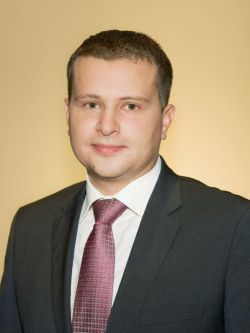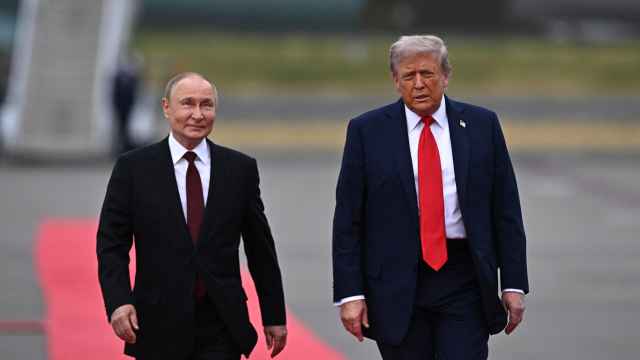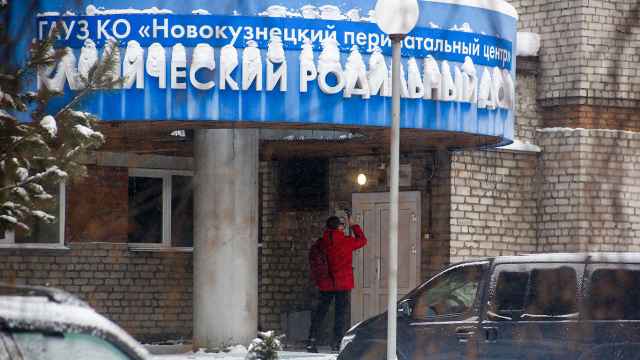
Andrey Smirnov
Director of Sales and Marketing
Moscow Marriott hotels (Marriott Royal Aurora, Marriott Grand, Marriott Tverskaya)
Moscow currently boasts 40,373 hotel rooms, with international hotel chains managing 27 percent of the rooms, or 40 hotels. Over the last two years, Moscow saw a consistent increase in new hotel rooms operated by international hotel companies. There was an increase of 11 percent in 2010 alone, and an additional 9 percent was added in 2011. The same trend is expected to continue in 2012; we hope to see an additional 5 percent in new rooms. Despite this trend in international management, however, Moscow hotels are showing strong operational results and year-on-year growth. In 2011, Moscow hotels showed a 3.5 percent increase in occupancy (64.5 percent in 2011 vs. 62.3 percent in 2010), a 5.8 percent increase in the average daily rate and, subsequently, a 9.4 percent increase in RevPAR (revenue per available room). Moscow hotels finished the first quarter of 2012 with similar results: RevPAR growth is at 9.5 percent, but the year has mainly been driven by a 6.2 percent increase in occupancy, up from 54.5 percent in 2011 to 57.9 percent in 2012. The average daily rate climbed 3.2 percent.
Taking into account the supply trends in the Moscow hotel industry and the relative political and economic stability, three main trends were identified for 2012: the flexibility of hotels, a change in the pace of booking, and the growing importance of online systems.
Increased competition on the Moscow hospitality market is prompting hotels to be more aggressive and creative in retaining regular clients and attracting new guests. They are now offering more perks: complimentary shuttle service to airports, train stations or business centers; complimentary WiFi; complimentary mini bars; complimentary early check-in and late check-out; separate stations with national cuisine for breakfast; various special offers and discounts for frequent guests. The flexibility of hotels and strong overall demand for accommodation help the Moscow hotel industry show impressive results. The hotels ensure that travelers have an easier and more comfortable stay. In Moscow, Marriott hotels introduced free wifi in public areas, and all rooms are now equipped with complimentary tea and coffee facilities.
At the moment, we can see a clear trend in which more and more requests for accommodation and conferences are coming at the very last minute, with less than two weeks before arrival. One of the reasons behind this trend is a constant increase in supply, both in hotel rooms and conference facilities. Nevertheless, the hotels' occupancy level is in no way decreasing; hotels are simply changing their forecasts for booking and adjusting their selling strategies accordingly. Notably, hotels go out of their way to study the booking behavior of different business segments, and they select an optimal business mix for each period, depending on the season, in order to maximize revenues. For seasons that tend to see low demand, hotels seek to attract more bookings in advance in order to ensure a base occupancy.
The seasons that see the most demand are the same as in previous years: March, April, May, June, September, October and November. Taking this information into consideration, many corporate clients are moving conferences, events and meetings into months with lower demand. And it works both ways: Hotels are keeping high occupancy levels during low-demand seasons and corporate clients are able to receive better value and more flexibility from the hotels.
Another current trend is the use of online booking. Individual travelers have started using online search engines to make reservations instead of using traditional travel agencies. Similarly, many corporate clients have shifted their travel habits to online engines. By using special promotion codes, corporate clients are able to book preferred rates online. We are seeing a rapid development of online conference services, and hotels are receiving more and more requests for conferences and events through online services.
Moscow's hotel industry is an integral part of the international hospitality industry. Moscow hotels are gaining more and more international recognition and nominations for outstanding results and excellent service. And from here, we must go forward — take a good look at our processes, listen to our guests, learn from other industries and constantly improve and refine our services.
A Message from The Moscow Times:
Dear readers,
We are facing unprecedented challenges. Russia's Prosecutor General's Office has designated The Moscow Times as an "undesirable" organization, criminalizing our work and putting our staff at risk of prosecution. This follows our earlier unjust labeling as a "foreign agent."
These actions are direct attempts to silence independent journalism in Russia. The authorities claim our work "discredits the decisions of the Russian leadership." We see things differently: we strive to provide accurate, unbiased reporting on Russia.
We, the journalists of The Moscow Times, refuse to be silenced. But to continue our work, we need your help.
Your support, no matter how small, makes a world of difference. If you can, please support us monthly starting from just $2. It's quick to set up, and every contribution makes a significant impact.
By supporting The Moscow Times, you're defending open, independent journalism in the face of repression. Thank you for standing with us.
Remind me later.





